習(xí)近平署名文章中引用的外國名句
中國日?qǐng)?bào)網(wǎng) 2019-01-17 16:41

2018年,習(xí)近平主席4次踏出國門,腳步遍布亞非歐拉及大洋洲13個(gè)國家。出訪之前,習(xí)近平主席在多個(gè)到訪國重要媒體發(fā)表署名文章。這些文章中多次引用對(duì)方國家諺語、名人名言,進(jìn)一步拉近了與到訪國家之間的感情。
今天,我們就帶大家一起回顧這些外國名句,進(jìn)一步了解這些國家的文化。
§ “陸止于此,海始于斯。”
習(xí)語原文:
“陸止于此,海始于斯”,葡萄牙“詩魂”卡蒙斯世代傳頌的名句生動(dòng)描繪出他的祖國所處優(yōu)越地理位置。
"Aqui......Onde a terra se acaba E o mar comeca......" (Here, where the land ends and the sea begins.) This acclaimed quote from Luis de Camoes, the greatest poet of Portugal, vividly depicts the superb location of his motherland.
——在葡萄牙《新聞日?qǐng)?bào)》發(fā)表題為《跨越時(shí)空的友誼 面向未來的伙伴》的署名文章
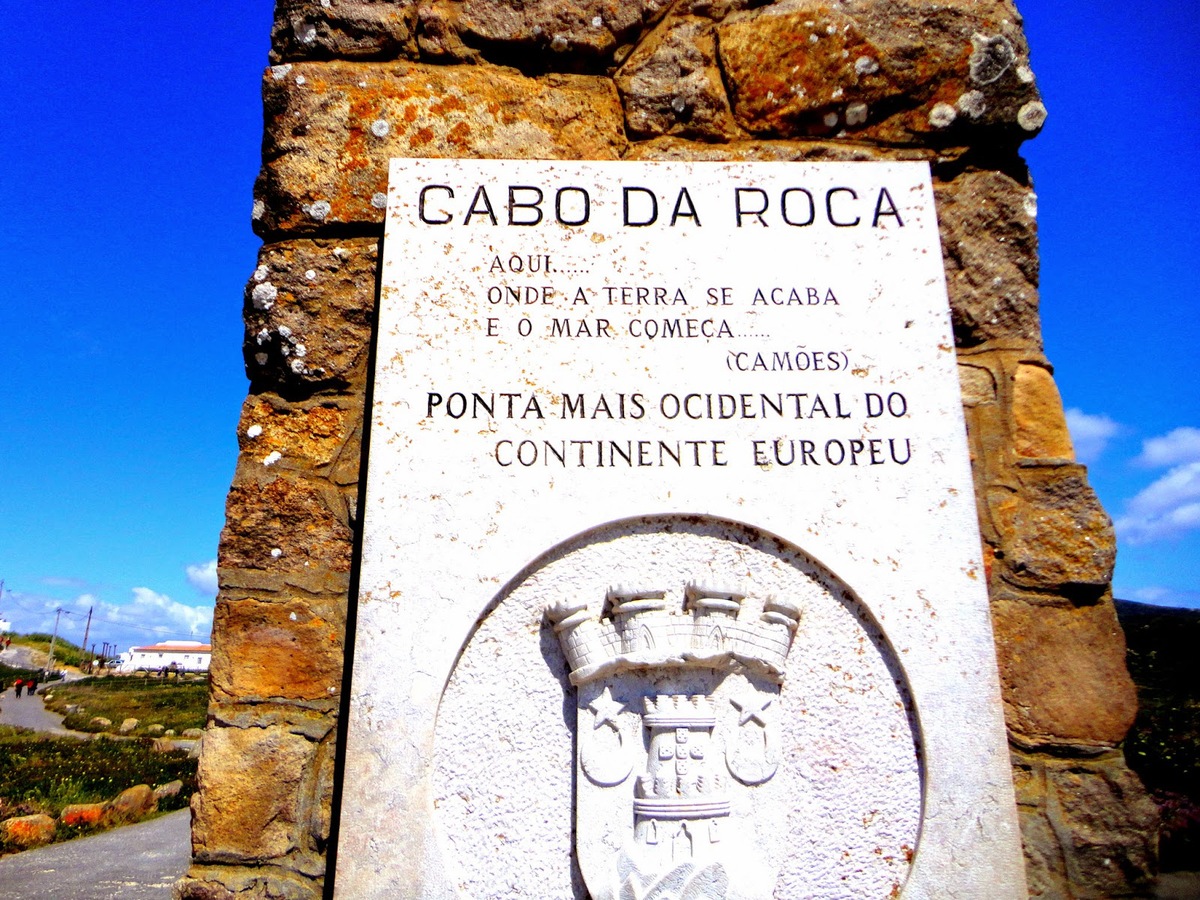
出處:葡萄牙詩人卡蒙斯(Luis de Camoes,1524或1525年-1580年6月10日)
路易?德?卡蒙斯出生于葡萄牙北部查韋斯地區(qū),葡萄牙著名詩人,以文學(xué)成就而被尊稱為葡萄牙國父。他寫了眾多詩歌和劇作,他最著名的作品是史詩《路濟(jì)塔尼亞人之歌》(Os Lusíadas,又稱《葡國魂》)。“陸止于此,海始于斯”就是出自這部作品。
再來摘錄卡蒙斯的幾句名言:
Times change, as do our wills.
What we are - is ever changing.
All the world is made of change,
and forever attaining new qualities.
時(shí)代在變,我們的愿望也在變。
我們的身份一直在變。
這個(gè)世界由改變?cè)炀停?br>不斷迎來新面貌。
§ “志向遠(yuǎn)大方能進(jìn)步,目光長(zhǎng)遠(yuǎn)才能前行。”
習(xí)語原文:
西班牙思想家加塞特說,“志向遠(yuǎn)大方能進(jìn)步,目光長(zhǎng)遠(yuǎn)才能前行”。中方期待著同西班牙一道努力,共享機(jī)遇,共迎挑戰(zhàn),攜手譜寫中西關(guān)系新篇章,開創(chuàng)屬于兩國人民的美好未來。
The Spanish philosopher Jose Ortega Gasset once observed, one can only make progress when he thinks big, and move forward when he looks far. China looks forward to working with Spain to share opportunities and jointly meet challenges. Together, we can write a new chapter in China-Spain relations and usher in an even brighter future for our peoples.
——在西班牙《阿貝賽報(bào)》發(fā)表題為《闊步邁進(jìn)新時(shí)代,攜手共創(chuàng)新輝煌》的署名文章

出處:西班牙思想家奧特加?伊?加塞特(José Ortega y Gasset,1883年5月9日-1955年10月18日)
加塞特是二十世紀(jì)西班牙最偉大的思想家之一,在文學(xué)和哲學(xué)領(lǐng)域皆有深厚造詣,他的思想和政治理念影響了西班牙的知識(shí)分子,有人將他譽(yù)為西班牙的陀斯妥耶夫斯基,而法國存在主義作家加繆則稱他為繼尼采之后歐洲最偉大的作家。
他的名言還有:
We do not live to think, but, on the contrary, we think in order that we may succeed in surviving.
我們活著不是為了思考,相反,我們思考是為了活下去。
Law is born from despair of human nature.
法律是在對(duì)人性的絕望中誕生的。
§ “抓住今天,才能不丟失明天。”
習(xí)語原文:
菲律賓諺語說:“抓住今天,才能不丟失明天。”中方愿同菲方把握機(jī)遇、順勢(shì)而上,傳承和發(fā)揚(yáng)崇尚和平、講信修睦的亞洲傳統(tǒng),鞏固和發(fā)展好兩國關(guān)系,攜手開創(chuàng)兩國和亞洲更加美好的明天!
As a Philippine proverb goes, "Seize today, or you will lose tomorrow." China will work with the Philippines to seize the opportunity and go along with the trend of our time. Let us work together to build upon the Asian tradition of peace, credibility and good neighborliness, and further consolidate the bilateral relations for an even brighter future of the two countries and of Asia as a whole.
——在菲律賓《菲律賓星報(bào)》、《馬尼拉公報(bào)》、《每日論壇報(bào)》發(fā)表題為《共同開辟中菲關(guān)系新未來》的署名文章
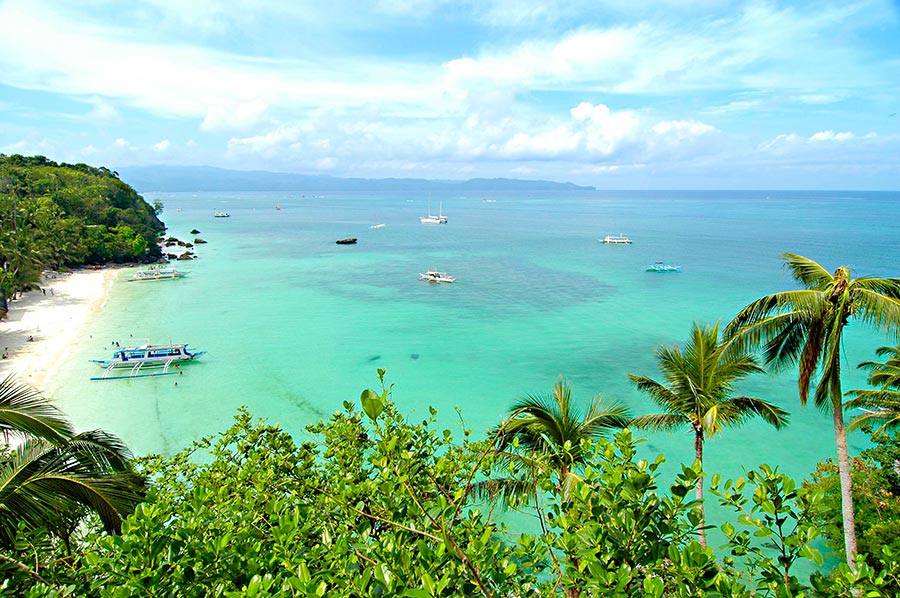
出處:菲律賓諺語
菲律賓諺語有個(gè)專門的名字叫Salawikain,指菲律賓人民在日常生活中一代一代傳下來的名言警句。
再來看兩個(gè)菲律賓諺語:
While the blanket is short, learn how to bend.
毯子不夠長(zhǎng)的時(shí)候,要學(xué)會(huì)彎腿。
It is hard to wake up someone who is pretending to be asleep.
很難叫醒一個(gè)裝睡的人。
§ “沒有相互了解,就不能建立深厚情誼。”
習(xí)語原文:
文萊有句諺語:“沒有相互了解,就不能建立深厚情誼。”中國人講:“人之相識(shí),貴在相知。”我們?cè)竿娜R做真誠相待的好朋友、共同發(fā)展的好伙伴。相信在兩國政府和人民共同努力下,中文友好合作關(guān)系必將譜寫出更加美好的篇章!
As a Bruneian proverb goes, tak kenal maka tak cinta (one may not like what he doesn't know). Similarly, the Chinese would often say, "For friends, what is precious is mutual understanding." China will remain Brunei's sincere and good friend and a trusted partner for common development. I am confident that, with the joint efforts of our two governments and people, we will write an even more beautiful chapter in our friendly relations and cooperation!
——在文萊《婆羅洲公報(bào)》、《詩華日?qǐng)?bào)》、《聯(lián)合日?qǐng)?bào)》、《星洲日?qǐng)?bào)》發(fā)表題為《攜手譜寫中國同文萊關(guān)系新華章》的署名文章
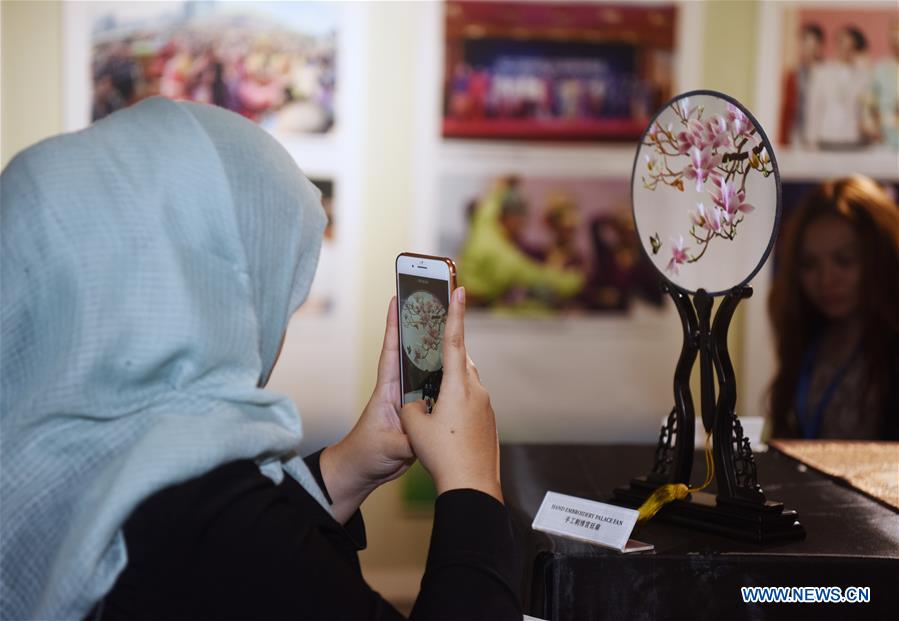
出處:文萊諺語
文萊的官方語言是標(biāo)準(zhǔn)馬來語(Standard Malay),普通民眾日常生活中常用的是文萊馬來語(Brunei Malay),二者發(fā)音略有不同,但有八成以上的詞匯都是相同的。
其他文萊諺語:
Do not blame an uneven floor if you do not know how to dance.
不會(huì)跳舞不要怪地板不平。
Where there is grass, there are grasshoppers.
有草的地方就有螞蚱。
§ “友誼是沙漠中的水渠。”
習(xí)語原文:
島國有句諺語:“友誼是沙漠中的水渠。”我們?cè)竿瑣u國不斷擴(kuò)大文化、教育、衛(wèi)生、體育、青年、地方、人力資源培訓(xùn)等領(lǐng)域交流合作,歡迎更多太平洋島國朋友到中國旅游觀光、留學(xué)深造、投資經(jīng)商、考察訪問,加深雙方人民相互了解和友誼,讓雙方友好事業(yè)薪火相傳。
As an island idiom goes, "Friendship is a furrow in the sand." China will continue to increase exchange and cooperation with Pacific island countries in culture, education, medical services, sports, youth and human resources training and at the sub-national level. We also welcome friends from these countries to visit, study, invest or do business in China. This will help deepen mutual understanding and friendship between our peoples and carry forward our friendship from generation to generation.
——在巴布亞新幾內(nèi)亞《信使郵報(bào)》、《國民報(bào)》發(fā)表題為《讓中國同太平洋島國關(guān)系揚(yáng)帆再啟航》的署名文章
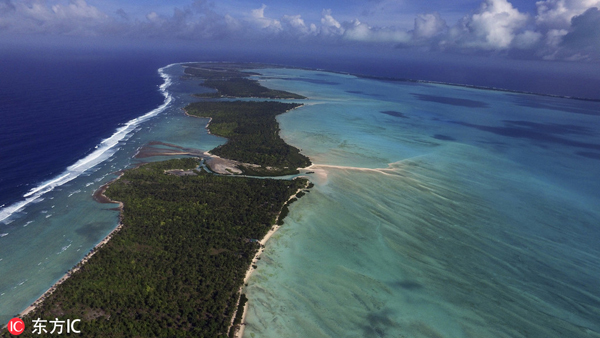
出處:島國諺語(Tongan Proverb)
太平洋島國(Pacific island countries)指南太平洋地區(qū)完全由島嶼組成的一些國家,其中斐濟(jì)(Fiji)、薩摩亞(Samoa)、巴布亞新幾內(nèi)亞(Papua New Guinea)、瓦努阿圖(Vanuatu)、密克羅尼西亞聯(lián)邦(Federated States of Micronesia)、庫克群島(Cook Islands)、湯加(the Kingdom of Tonga)和紐埃(Niue)等8個(gè)島國與中國建立了外交關(guān)系。
這一條諺語的出處,湯加王國(the Kingdom of Tonga),位于太平洋西南部赤道附近,是由173個(gè)島嶼組成的島國,其中36個(gè)有人居住,大部分為珊瑚島。
更多島國諺語:
A cowardly hyena lives longer.
膽小的鬣狗活得長(zhǎng)。
He who provokes a war must be sure that he knows how to fight.
挑起戰(zhàn)爭(zhēng)的人必須知道怎么打仗。
(中國日?qǐng)?bào)網(wǎng)英語點(diǎn)津 馬文英)









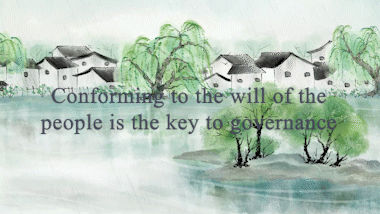
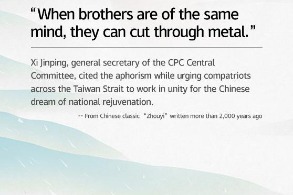
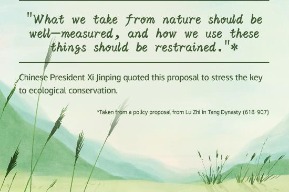

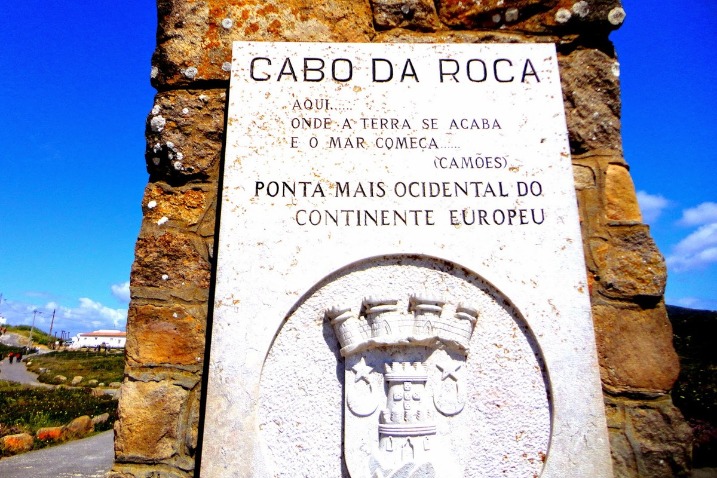



 英語點(diǎn)津微信
英語點(diǎn)津微信 雙語小程序
雙語小程序